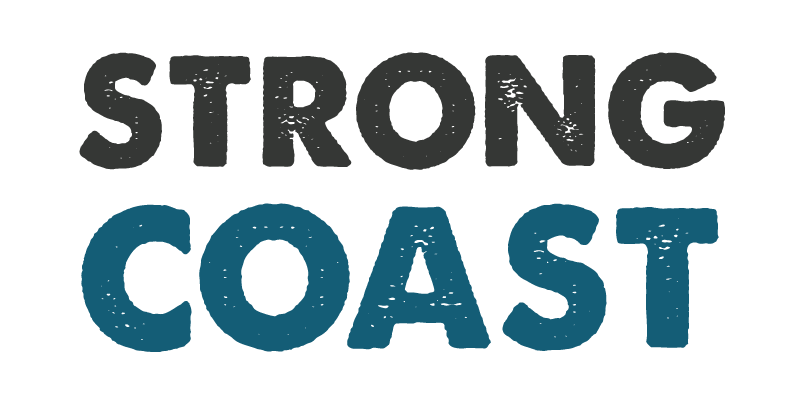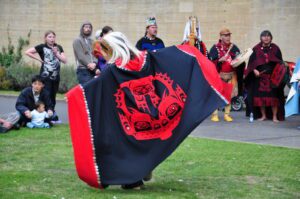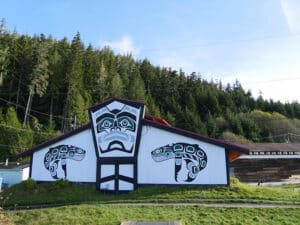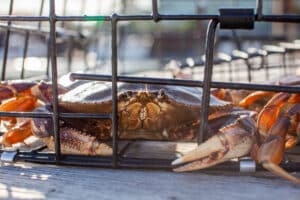
In his January 25, 2024, Vancouver Sun op-ed, UBC Marine Scientist and Killam professor Dr. Daniel Pauly highlights the importance of marine protected areas (MPAs) in combatting overfishing and the collapse of fish stocks in BC
Dr. Pauly writes, “The scientific evidence is clear that well-designed MPAs are a major tool for mitigating overfishing, protecting marine habitat from destructive fishing, and will help to restore fish populations and ecosystems.”
He pinpoints overfishing and bottom trawling as the industrial practices that are depleting BC’s fish stocks today, and he isn’t alone. A recent survey found that an overwhelming 92% of British Columbians share his concerns about overfishing and bottom trawling. 80% of respondents supported the establishment of marine protected areas (MPAs) on BC’s coast to prevent these industrial activities from overstepping and plunging our resource-reliant economy into a depression.
Remembering the Cod
Dr. Pauly reminds British Columbians about the disastrous collapse of Canada’s East Coast cod population in 1992, which has still not yet recovered. The writing is on the wall for a similar occurrence in BC’s future, especially for keystone species like salmon and herring, if we do not act fast.

The collapse of Canada’s cod fishery resulted in the loss of 30,000 jobs and hundreds of millions in income. It’s an event that should not be repeated but seems likely if BC continues on its current trajectory. The last 30 years have seen BC’s rockfish, salmon, and herring populations dwindle significantly. The numbers don’t lie.
By waiting for industry to wise up, we are risking the livelihoods of all those on the coast who rely on these important species. It’s not just us humans who will suffer either. A wide variety of species – from whales to bears and birds – all depend on our ecosystem maintaining a careful balance.
The Benefits of MPAs for BC’s Fish Stocks
The Sea Around Us Project at the University of British Columbia has been documenting the benefits of MPAs for both fish and people. Their key finding:
“Fully protected MPAs can be a supercharger for abundance; they help fish populations recover to the point that the fish spill out of the protected area, where they replenish adjacent regions and can be caught by fishers.”

This phenomenon, also known as “spillover”, is something The Great Bear Sea Marine Protected Area Network is working toward. After years of consultation with stakeholders up and down the BC coast, the federal government, province of BC, and First Nations have identified key zones in the Great Bear Sea that, when protected under MPAs, can be revitalized and strengthen BC’s overall marine resilience. These zones will make up around 30% of the Great Bear Sea.
According to Dr. Pauly, a network of MPAs results in amplified benefits as they can cover a wider range of species and habitats over a more extensive area. This also allows species to move from one protected area to another, securing both nurseries and feeding grounds for vulnerable species.
The time is now to step up and defend our coast. Scientists and a vast majority of British Columbians agree that MPAs are the way to do it. Learn more about how you can be involved at https://strongcoast.org/take-action/
And don’t forget to check out Pauly’s Vancouver Sun op-ed.




